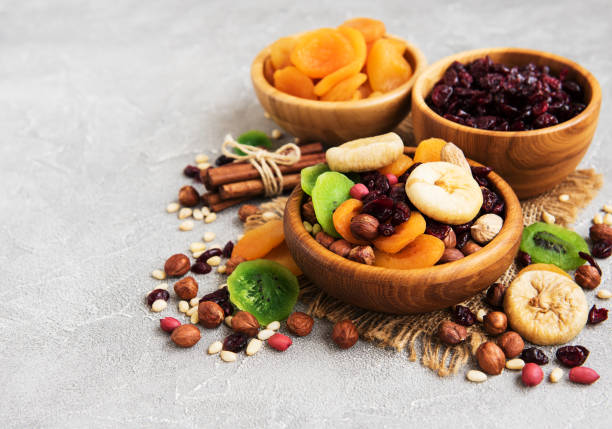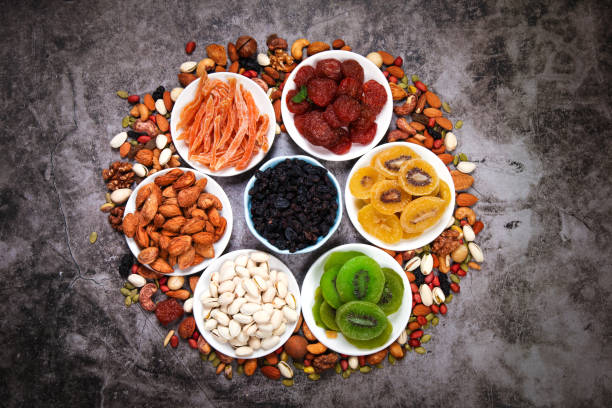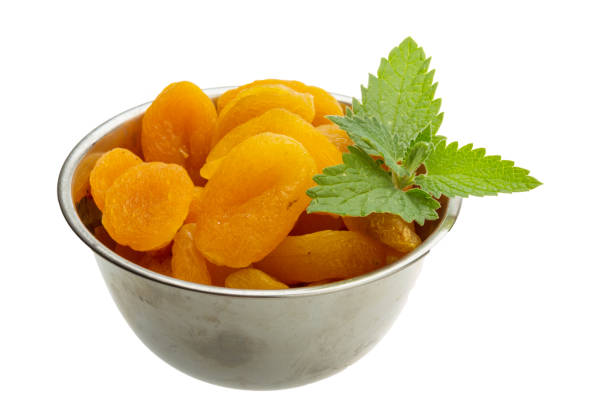What Is Dryfruits? And Health Benefits Of Dryfruits .

Dry fruits, also known as dried fruits, have been cherished for centuries for their concentrated flavor, natural sweetness, and remarkable nutritional profile. From succulent raisins to chewy apricots, these nutrient-packed treats offer a plethora of health benefits and have become a staple in cuisines around the world. In this article, we delve into the world of dry fruits, exploring their origins, nutritional composition, and the myriad ways they contribute to our overall health and well-being.
Origins and Processing:
The history of dry fruits dates back thousands of years, with evidence of their consumption found in ancient civilizations such as Mesopotamia and Egypt. Initially, drying fruits was a practical method of preservation, allowing people to enjoy the bounty of the harvest year-round. Over time, various techniques evolved, including sun drying, air drying, and modern dehydration methods, each preserving the natural flavors and nutrients of the fruits in unique ways.
Nutritional Composition:
One of the most remarkable aspects of dry fruits is their exceptional nutritional density. Despite their small size, they are packed with an array of vitamins, minerals, fiber, and antioxidants. Raisins, for example, are rich in iron, potassium, and vitamin C, while dates provide a concentrated source of energy along with fiber, potassium, and magnesium. Apricots are prized for their beta-carotene content, which is converted into vitamin A in the body, supporting vision and immune function. These are just a few examples of the nutritional powerhouses that dry fruits encompass.

Here are some common types of dry fruits:
- Raisins: Dried grapes, available in various colors such as black, golden, and green.
- Dates: Dried fruits from the date palm tree, known for their natural sweetness and chewy texture.
- Apricots: Dried apricots are sweet and tangy with a chewy texture.
- Prunes: Dried plums, often consumed for their digestive health benefits.
- Figs: Dried figs are sweet and slightly chewy, packed with fiber and nutrients.
- Apricots: Dried apricots are sweet and tangy with a chewy texture.
- Cranberries: Tart and sweet dried berries often used in baking and trail mixes.
- Goji Berries: Dried berries known for their antioxidant properties and health benefits in traditional medicine.

The health benefits of dry fruits include:
- Nutrient Density: Dry fruits are concentrated sources of vitamins, minerals, and antioxidants. They provide essential nutrients such as vitamin C, vitamin K, potassium, magnesium, and iron, which are important for overall health and well-being.
- Fiber: Dry fruits are rich in dietary fiber, which supports digestive health, regulates bowel movements, and helps maintain healthy cholesterol levels.
- Antioxidants: Many dry fruits are rich in antioxidants, such as polyphenols and flavonoids, which help protect cells from damage caused by free radicals and oxidative stress, reducing the risk of chronic diseases like heart disease and cancer.
- Energy Boost: Dry fruits are high in natural sugars, making them a quick and convenient source of energy. They can provide a healthy energy boost during workouts or as a snack between meals.
- Heart Health: The fiber, potassium, and antioxidants in dry fruits may help lower blood pressure, reduce LDL cholesterol levels, and improve heart health.
- Weight Management: Despite being calorie-dense, dry fruits can be included in a balanced diet in moderate amounts. The fiber and protein content can promote feelings of fullness and satiety, potentially aiding in weight management by reducing overall calorie intake.
- Bone Health: Some dry fruits, such as dried figs and apricots, are good sources of calcium and vitamin K, which are essential for bone health and may help prevent osteoporosis. What Is Dryfruits?
Overall, incorporating a variety of dry fruits into your diet can provide numerous health benefits and contribute to a balanced and nutritious eating pattern. However, it’s important to consume them in moderation, as they are calorie-dense and can contribute to excess calorie intake if consumed in large amounts.
READ MORE
https://befitbeconfident.com/what-is-plant-based-diet-here-are-15-examples-with-benefits-of-plant-based-foods/
